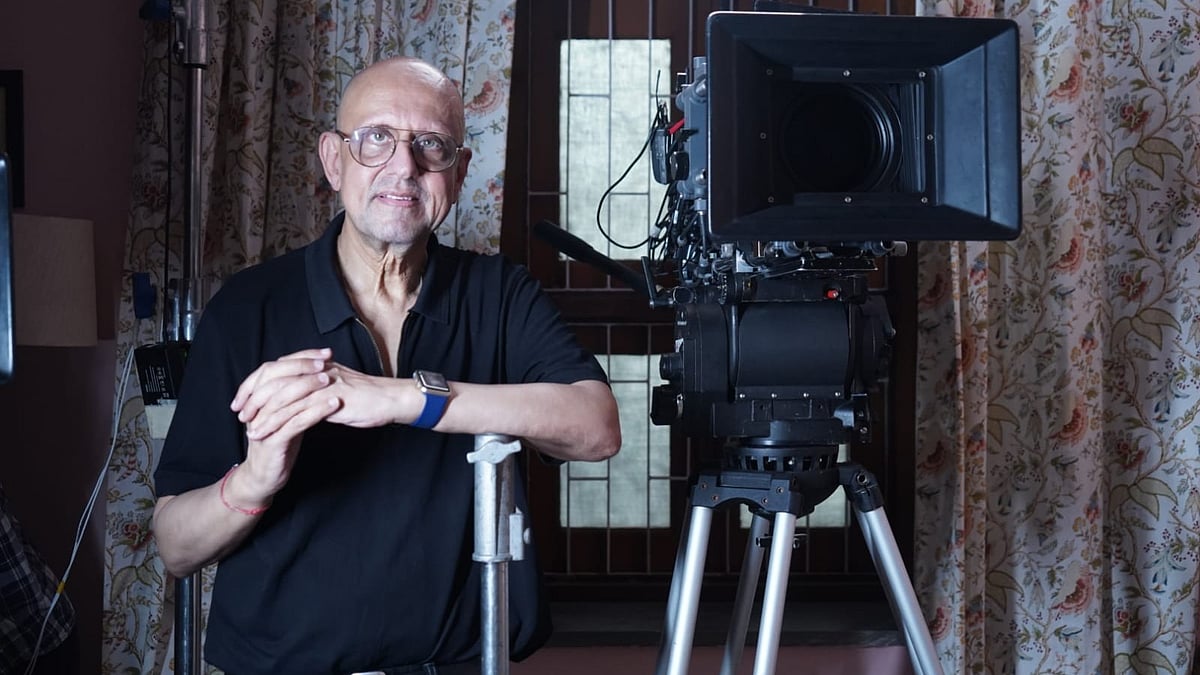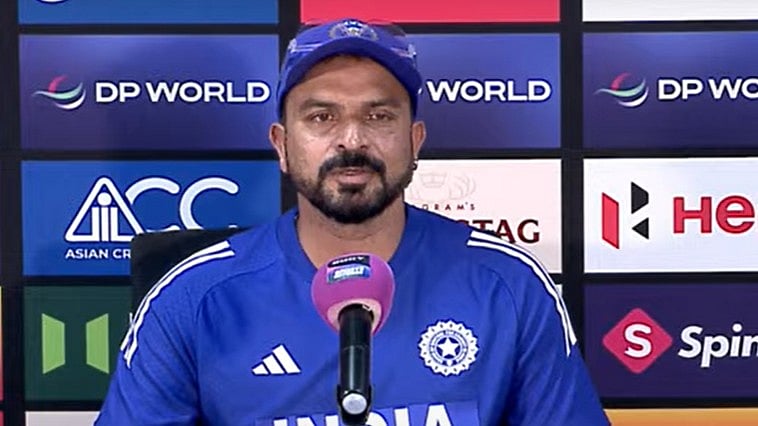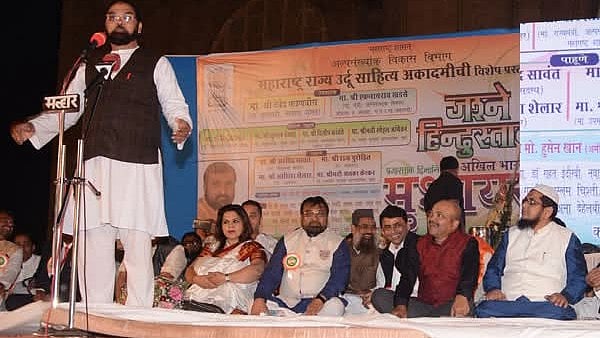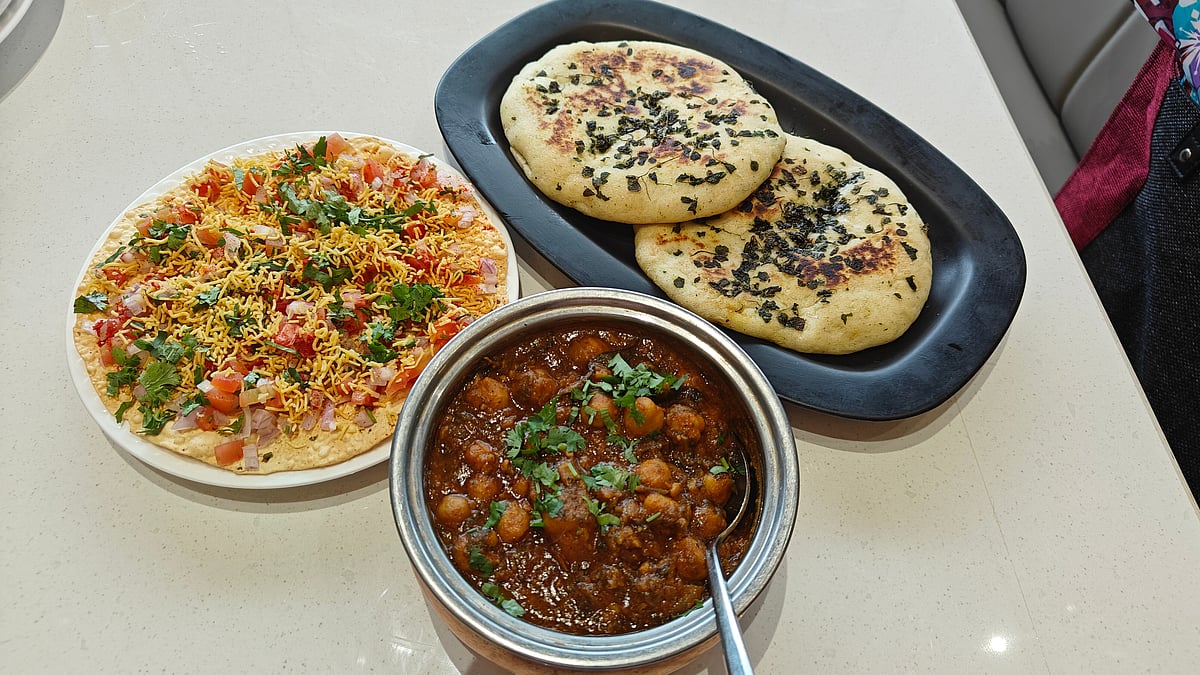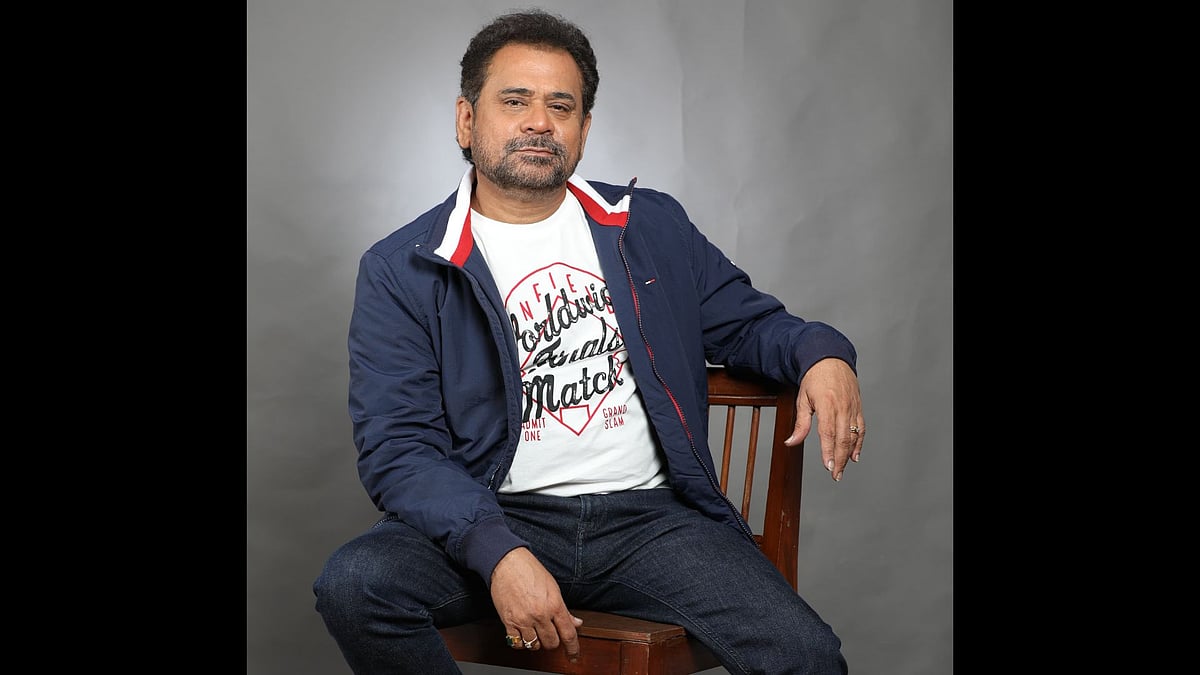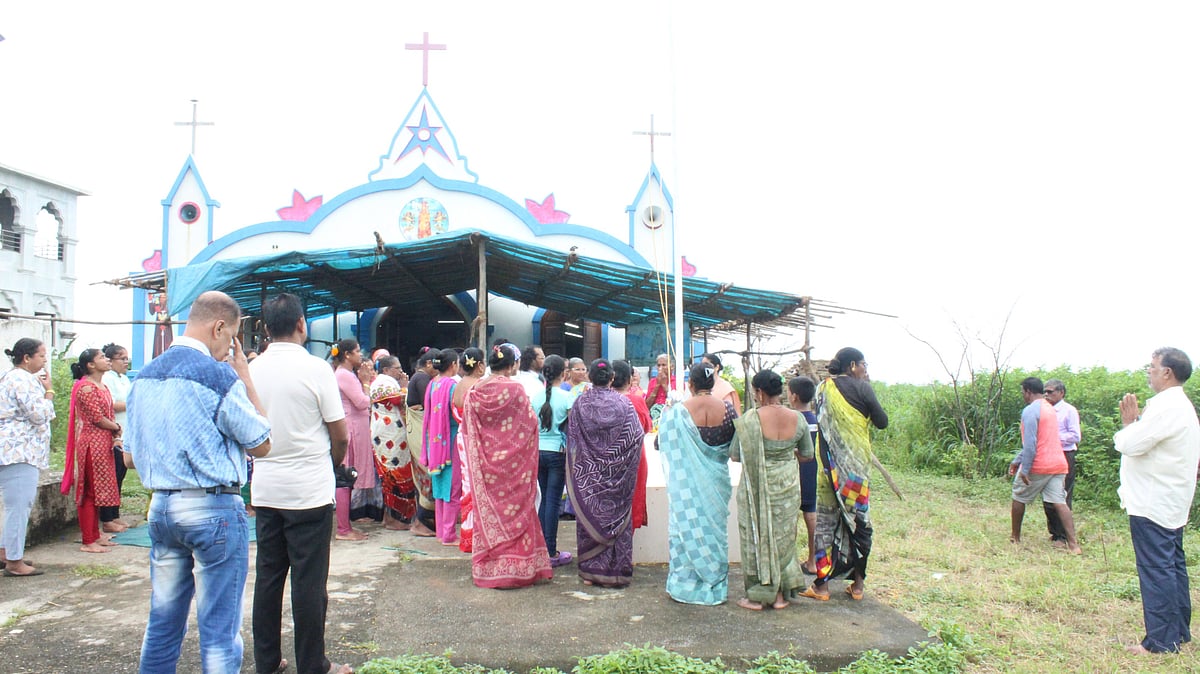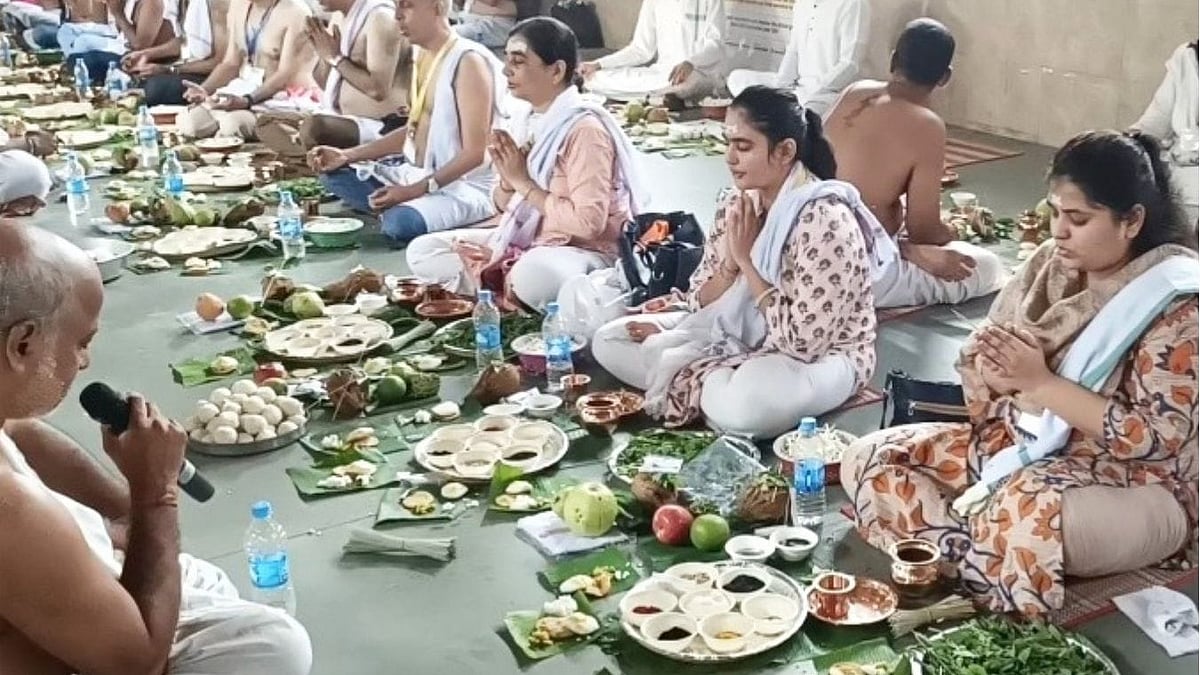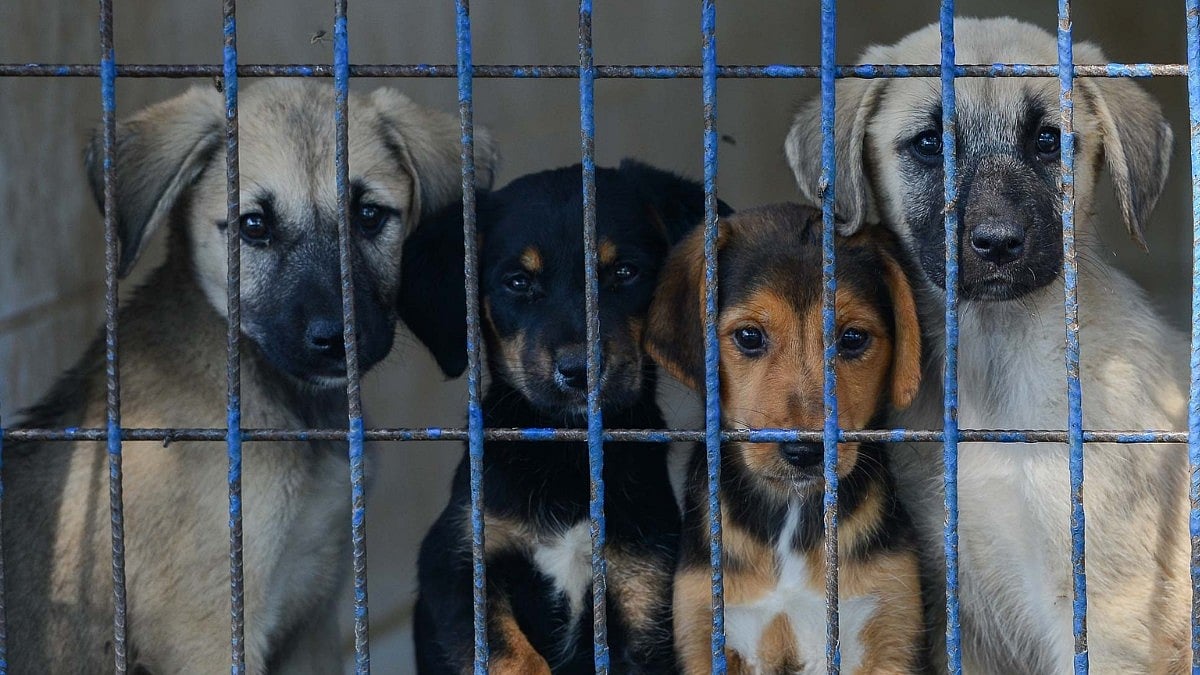On July 31, 1997, at around 5 pm, Rajiv Rai was leaving his office in Central Mumbai when five assailants, allegedly belonging to the Abu Salem gang, drove up and opened fire. His bodyguard retaliated, injuring one while the rest fled. The incident happened soon after the super success of his film, Gupt: The Hidden Truth. Unnerved by the near-fatal attempt on his life, Rajiv moved abroad with his family. He made two more films after that, Pyaar Ishq Aur Mohabbat in 2001 and Asambhav in 2004, but then went off the radar.
Over two decades later, Rajiv is back with his eighth film. Written, produced, directed, edited and distributed by him, Zora, a murder-mystery arrives in theatres on August 8, in the 55th year of his family banner. Trimurti Films was launched by his father, Gulshan Rai, with the stylised crime action thriller, Johny Mera Naam, which released on November 20, 1970. Rajiv was just 15 at the time, studying in a boarding school outside Mumbai, too young to understand that this wasn’t just another film his father was financing and distributing, but their first home production whose IPR he would own one day.
“More than filmmaking, Johny Mera Naam taught me the meaning of friendship,” he smiles, remembering how Dev Anand, a good friend of his father’s, had pushed Gulshan Rai to make his own film after years of helping others produce and release their film. “He promised dad that he would not only act in his first production, but even get his brother, Vijay Anand, to direct it. That was a different era when passion for cinema ruled and friendships scored over professional collaborations.”
Another good friend of Gulshan Rai’s was Dilip Kumar whom he had known since his early days in Lahore. It took just one call to get the thespian on board his sixth production, Vidhaata, directed by a young Subhash Ghai. Even though Rajiv was far more mature by then and understood filmmaking better, he was busy with his directorial debut, Yudh, and didn’t visit the Vidhaata set for more than 15-20 days. “Even on these days, I spent more time chatting with Dilip sahab in his hotel suite than watching the shoot. He loved chatting on a variety of subjects, and I enjoyed listening to him. I would spend a couple of hours alone with him, then join Sanjeev Kumar and his friends,” he reminisces.
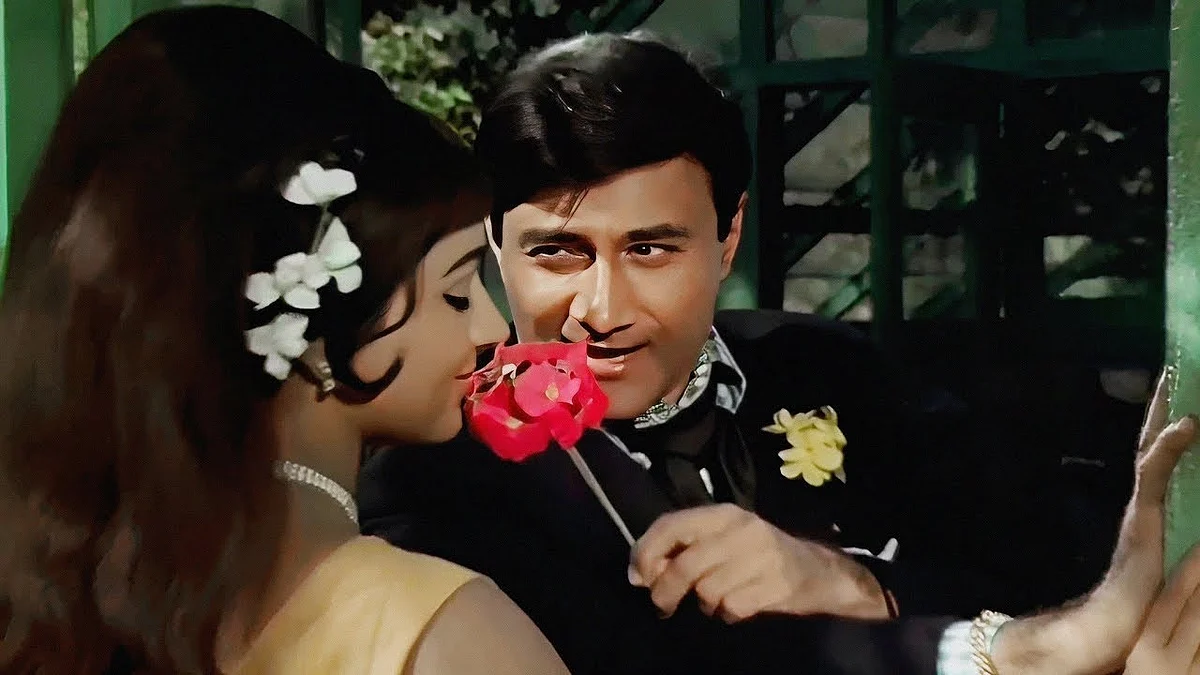
Johny Mera Naam |
One day, sitting quietly in a corner, Rajiv was watching the film’s actors and technicians pose for a group photograph when Dilip Kumar, suddenly looked straight at him and said, “Arrey, kya kar rahe ho tum log (what are you guys doing), the main boss is sitting there.” He then insisted the younger Rai join them, making him stand right at the centre.
“I will never forget that moment,” Rajiv says emotionally, sharing that during the shoot, Dilip Kumar once expressed a desire to take a short break in Agra. Immediately, his father booked him a suite in a five-star hotel, waiting patiently for him to return and resume shooting. “After the film was completed, every time dad spoke to him about his remuneration, Dilip saab would say the money was in the bank, he would take it when he needed. We must have paid him at the end, but that was the kind of bonding they shared. It was a lovely time when despite all the fights, jealousy and politics, the film fraternity had so much love and respect for each other,” he asserts.
Rajiv himself enjoyed a similar dosti with Suniel Shetty, admitting that while Gupt is the film closest to his heart because he loves murder-mysteries, nothing beats the Mohra experience. “Besides my friend Shabbir Boxwala, I had Suniel by my side. Not just an actor, he was almost like the second producer and I was happiest while making Mohra because I knew my dear friend would cut off his right hand to ensure the film shaped up the way I had visualised it. If I couldn’t get permission, he stepped in. If there was a problem, he would sort it out,” he recounts, admitting that after working with other actors, he has come to appreciate Suniel’s Arjun-like single-minded focus and unwavering devotion, his care, concern and loyalty even more. “He’s a fine gentleman and still so physically fit. Even at 80, he will be able to fell a man half his age with a single mukka,” he chuckles.
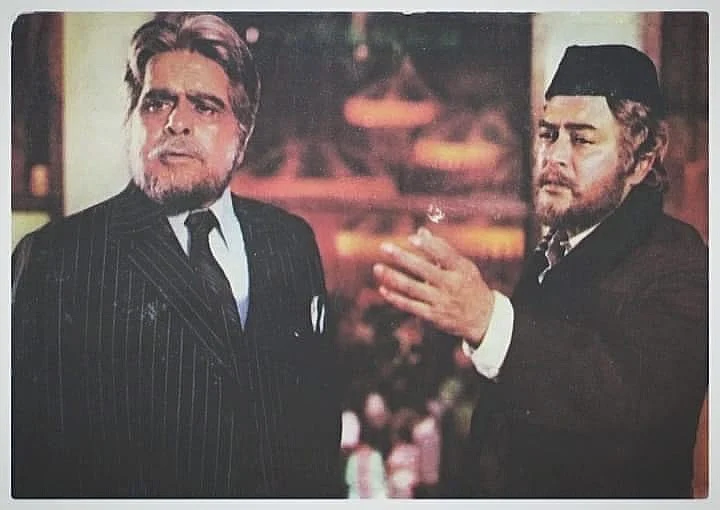
Vidhaata |
Incidentally, Rajiv experimented with suspense for the first time in Mohra through Naseeruddin Shah character, Jindal, who is revealed to be the kingpin who was using Suniel’s character, Vishal. as a mohra, a pawn, to eliminate rival gangsters. Also, he was only pretending to be blind. He explored the genre more completely in Gupt and now, after 21 years, has returned to it with Zora, which opens with a murder and turns into a tale of vengeance with the cop’s son determined to track down his killer.
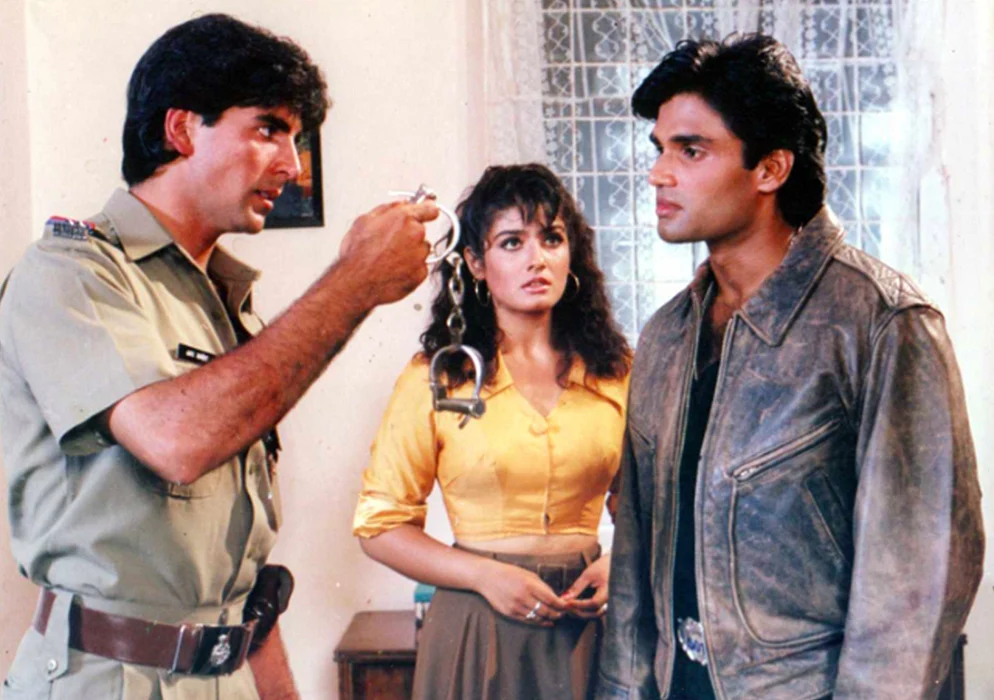
Mohra |
However, there’s a difference. Without sacrificing on technical finesse, Rajiv has made his comeback film in a modest Rs 5 crore budget. “Today, if I were to make Gupt or Mohra, even Tridev, Vishwatma or Yudh, I would need Rs 300-400 crore. Since I’m returning after a long absence without any corporate backing, and the Hindi film industry has changed a lot in the interim, spending so much money would be a foolish indulgence. I shot Zora in just Rs 2 crore, with another three crores spent on post-production and distribution,” he shares.
Not just Zora, he has also wrapped up a sequel, Zora Zoravar, in the same budget, during a five-month shoot in Rajasthan. The name Zoravar also has a ‘friendly’ connection. “Zoravar Singh was my childhood best friend, a Rajput from Rajasthan,” he reveals with a laugh.
